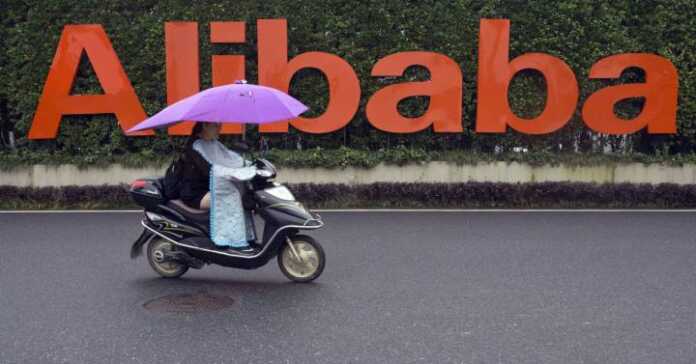The hacking of 1 billion Chinese citizens’ data seems, above all, an embarrassing failure of government cybersecurity
Alibaba has a new cloud over its head. Investors wrote off $14 billion of the company’s value over a Wall Street Journal report that Shanghai authorities had summoned its executives “for talks” following the breach of a police database that Alibaba houses. However the hack of 1,000 million data of Chinese citizens seems, above all, an embarrassing failure of government cybersecurity. Alibaba is simply a very handy scapegoat.
It could be one of the biggest personal information leaks in history: Slices of Shanghai police data housed in the Alibaba Cloud, containing police reports from 1995 to 2019, surfaced two weeks earlier on a cybercrime forum in China. someone hoping to sell the whole package. The hack it didn’t require much work: the database was passwordless, according to the WSJ report, so anyone could have accessed the data; it was enough to know the web address.
Similar incidents have happened before in the West and in China. In 2019, security researcher John Wethington found a Chinese “smart cities” database, including facial recognition scans of hundreds of people, accessible from a password-less web browser, also hosted on Alibaba’s cloud. The company argued that they do not have the right to access customer data, which customers themselves must protect by setting a strong password.
Alibaba keeps its head down this time, without making any formal comment or even acknowledging its relationship to the case or the customer. Data theft, if anything, says much more about the government’s staggering lack of caution in cybersecurity, despite its own mandate to protect user data, especially at Internet companies.
Alibaba is at the mercy of angry officials who may feel like pointing fingers. Helping companies store data is one of the group’s most profitable services, with revenue from the cloud unit growing 23% in the 2022 financial year, which ended last March. But without much transparency about the case, the scandal can affect the confidence of other clients, especially those in the public sector. It’s no wonder shareholders have reacted so quickly to Alibaba being caught under an alien cloud.













